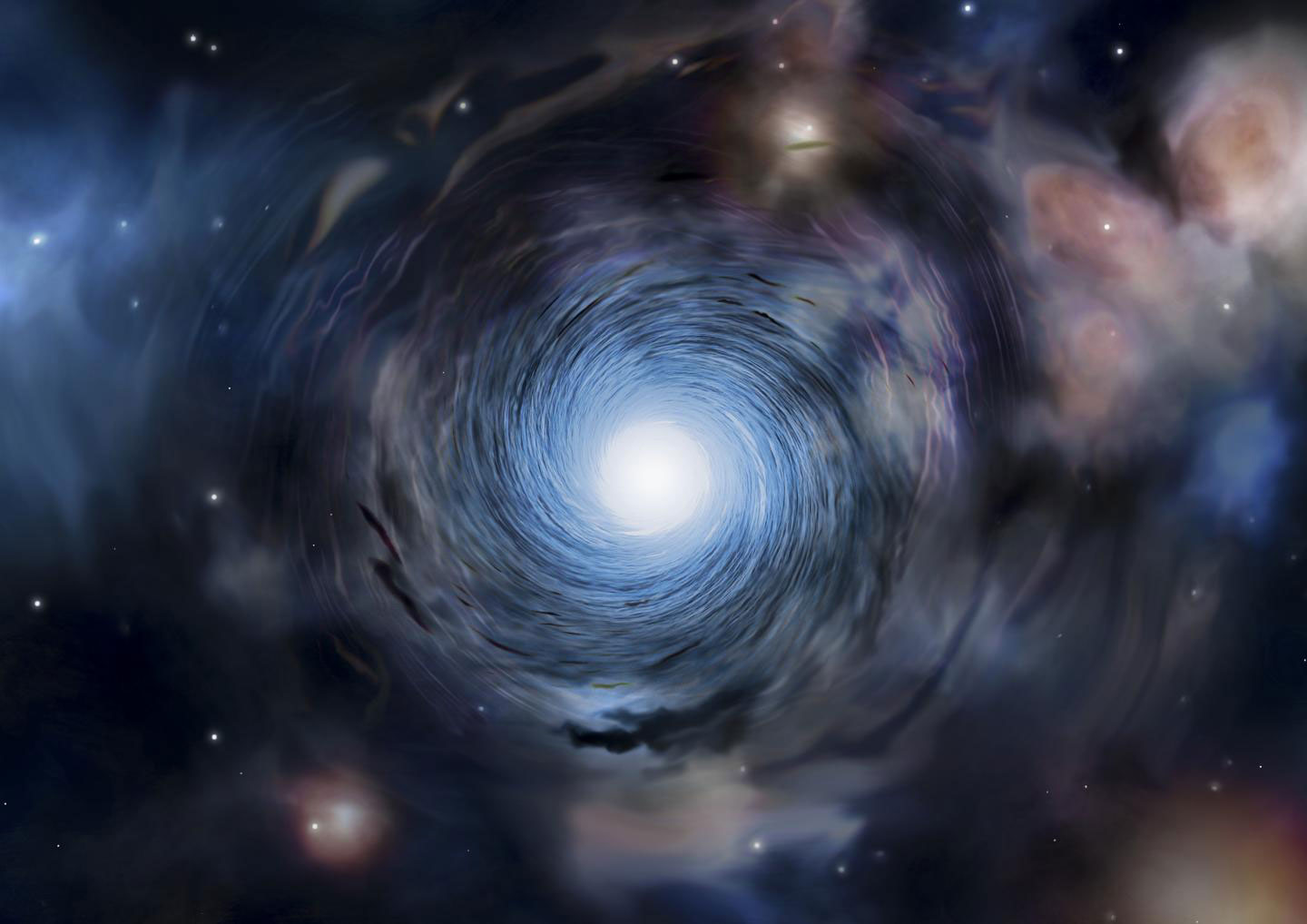The universe is about 13.8 billion years old and resulted from inflation, an unimaginably powerful expansion, called ‘the Big Bang’. The radiation from quasars is recognized as the most energetic inhabitants of the universe, drives from the black hole. The black holes are actually enormous gravity sink in the core of ancient galaxies.
As the consequence of internal motions, an encounter with other galaxies, and the evolution of stars, our Sun was born five billion years ago and the solar system planets, asteroids, and comets condensed from its leftover debris.
Though, a little record is available on the impression of the early man of the heavens. Some of the ancient artifacts of comets, asteroids, and supernova like that of Pueblo Petrograph tracked down the early human’s interest in the astronomy but he was frightened and overwhelmed by the skies especially from eclipses. Consequently, the motion of the heavens had a profound influence on the daily affairs of mankind and that comes to manifest itself in the religious interpretations of heavenly objects and phenomenon.
Later, history tells us that from five to twenty thousand years ago, the humankind started to settle down and become civilized that eventually led to the creation myths, the myths those had never been existing at all. Though on the timeline of human history, the scientific inquiry is a very new endeavor one can find the evidence of a SCIENCE TRIBE in ancient civilizations. About 2600 years ago, with Thales of Miletus, the idea arose that nature follows consistent natural laws that consequently replaced the myths about origin and creation of our world and the universe.
In recent years, no more than a week goes by without the news of a cosmic discovery or breakthrough. The international media has successfully created an interest in the science of the universe in public that in consequence, resulted in a slight increase in their appetite for space sciences and astronomy. Therein western societies, a large number of intellectuals can glimpse and understand the essence of science, it’s trying, testing and trying again strategy and now they are widely applying it in their everyday life.
Though at its best, the science writing weaves together for knowledge and the moment of great insight to reveal that how science works and why it matters to understand this vast universe. In a world growing more and more complex, there is a serious lack of capable persons having a unique talent such as science writing, a field that is now entering into a vibrant new age. The science writing is the art and craft of narrating complex stories in a simplistic manner without going out the richest in the story.
“The Scientia Magazine” provides another window to the universe not only to a lay-reader in Pakistan but to the writers equally to quench their thirst of knowing and sharing more about heaven and the universe. This is an effort to start a new era of science journalism in Pakistan to make our countryman more aware of science and its great influence in everyday life. Though, this was not as easy as it seems. The project got pended twice due to the lack of available resources and teamwork. Finally, we are bringing it to the public with some new exciting ideas and many things are still in pipeline. Our contents like News Bites, interview, and breakthrough connect the lay-reader to the international scientific and astronomers communities. Whereas, special outreach reports, astrophotography, kids’ corner, and random articles is an effort to highlight local talent on a genuine platform.
I want to take this opportunity to thank all the people who supported us in this process. My very warm and heartfelt thanks to Ahmad Yusuf (Dawn in paper), Suhail Yusuf (Express-News), and Fawwad Raza (ARY News) for sharing their precious time, support, advice, and enthusiasm for this initiative.

Saadeqa Khan is the founder, CEO, & Editor-in-Chief of Scientia Pakistan. She’s a member of the Oxford Climate Journalism Network (Second Cohort) and NASW. Saadeqa is a fellow of NPF Washington, The Falling Walls Foundation, and the Science Journalism Forum. Saadeqa has won several international journalism grants and awards for her reports.

